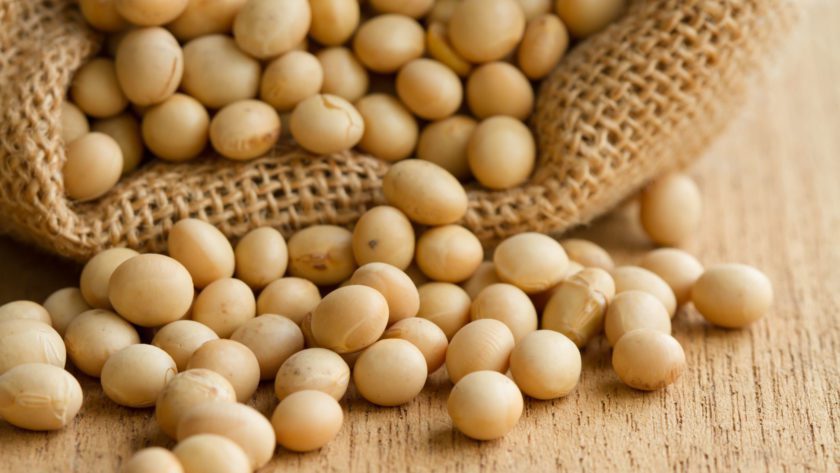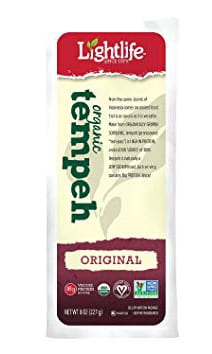UPDATE: Here’s why soy is a prime functional longevity food. Soy is packed with beneficial nutrients that support healthy heart, brain, and muscle function and reduce risk of type 2 diabetes and some cancers. Soy contains:
- Fiber
- Protein
- Omega-3 fatty acids
- Antioxidants
Eating tofu and other soy-based foods (not soy-based ‘processed’ foods) instead of animal-based proteins will lower your intake of saturated fat and cholesterol. Good sources of soy include: tofu, edamame, miso soup, tempeh, and unsweetened soy milk/yogurt.
Soy may have the following health benefits as well:
- May slow down bone loss which reduces the risk of osteoporosis
- May help ease menopausal symptoms (Studies show that some seem to benefit while others do not. See my personal note at the end of this post.)
- Reduces cancer risk and breast cancer recurrence*
*In this study, women who ate the most soy food (between 12 to 46 mg isoflavones per day) lowered their risk of breast cancer recurrence by 27%.
Protective Protein and Isoflavone Content in Common Soy Foods
- 3 oz tempeh = 13 gm soy protein / 51.5 mg isoflavones
- 3 oz tempeh, cooked = 13 gm soy protein / 30.3 mg isoflavones
- 1 oz of soy nuts (about 1/4 cup) = 12 gm soy protein / 41.6 isoflavones
- 1/2 cup of cooked edamame = 11 gm soy protein / 16.1 mg isoflavones
- 1/2 cup soy yogurt = 9 gm soy protein / 21.3 mg isoflavones
- 3 oz (1/3 cup) of tofu = 8 gm soy protein / 19.2 mg isoflavones
- 1 cup soy milk = 7 gm soy protein / 6.2 mg isoflavones
![]() Karen’s Fit Tip: By making your own soy nuts, you control the amount of salt and oil. They make a great snack when you crave something ‘crunchy’! Here’s my recipe for making your own soy nuts.
Karen’s Fit Tip: By making your own soy nuts, you control the amount of salt and oil. They make a great snack when you crave something ‘crunchy’! Here’s my recipe for making your own soy nuts.
Personal Note: I lost my mom and aunt to ovarian cancer – one of the deadly “silent” cancers. In retrospect, they also think my grandmother may have had metastatic ovarian cancer and not stomach cancer. Due to this family history, I was a participant in the Gilda Radner Ovarian Cancer Research Program at Cedars-Sinai Medical Center. Based on their research and extensive genetic study, the researchers recommended removal of my ovaries due to the high risk of also getting the disease.
In 2008, I underwent a complete hysterectomy. The surgery launched me into immediate menopause. There was no easing into it with a period of peri-menopause. My physicians found it perplexing that I had NO menopausal symptoms. My endocrinologist was especially baffled and asked me about my diet. I told him I ate a lot of tofu and had eaten it my entire life. He could only conclude that my intake of soy (phytoestrogens) may have been the reason I didn’t experience any symptoms of menopause.
xo


